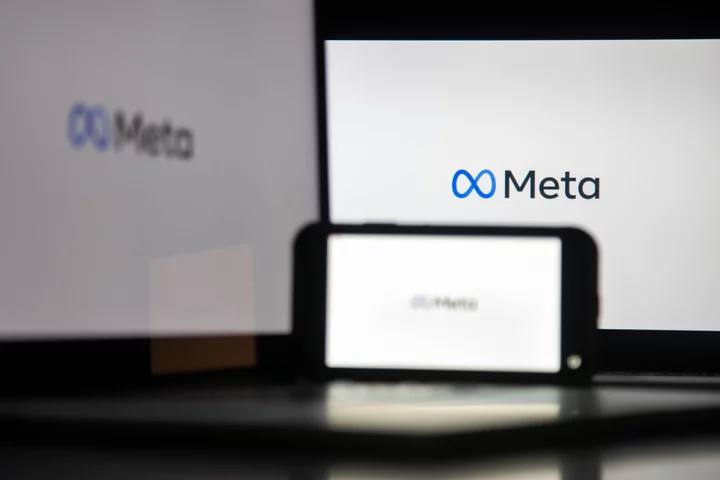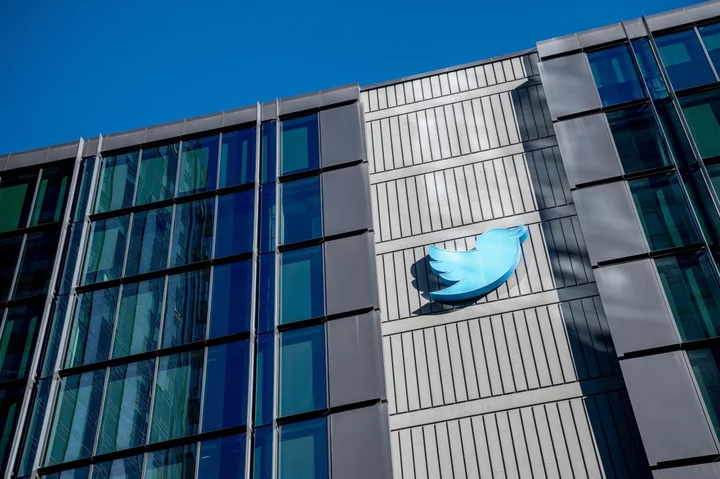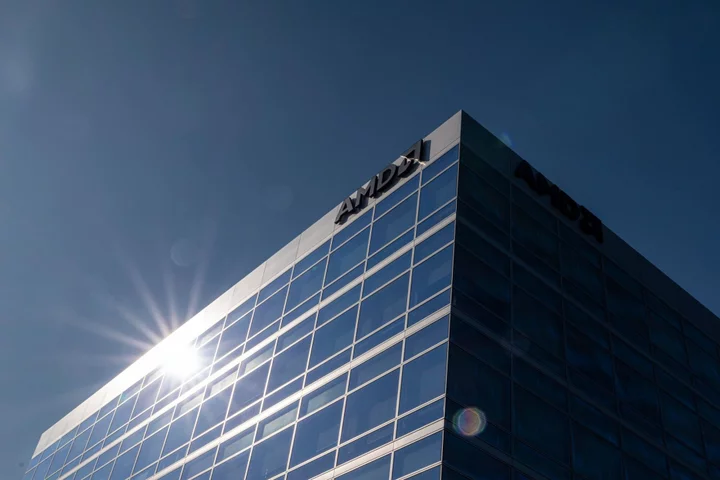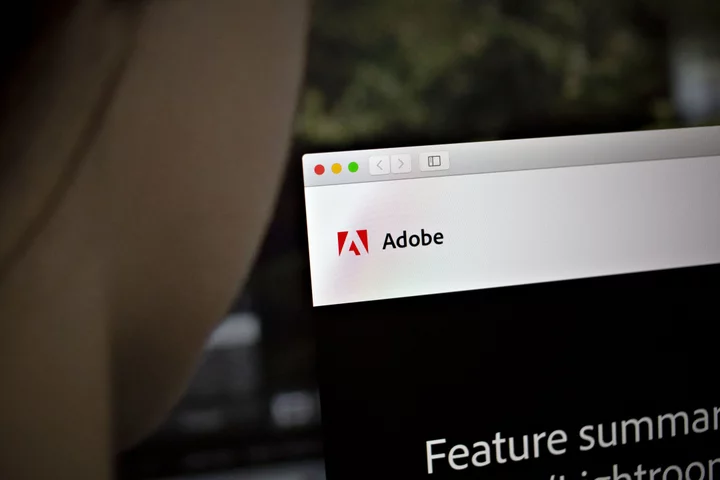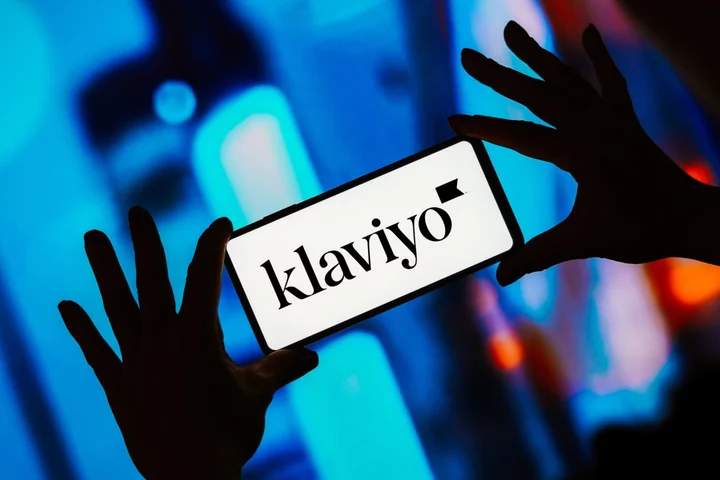Hong Kong will decide whether to ban a controversial protest song from its internet Friday, a move that could force Western tech firms such as Google to reconsider their presence in the finance hub.
The High Court will rule whether to approve the government’s bid to make it illegal for anyone with criminal intent to perform or broadcast Glory to Hong Kong, including the lyrics and melody, on grounds of national security.
Wiping the song from the city’s internet would directly challenge the freedoms that differentiate the former British colony from mainland China. It would also raise the legal risks for Silicon Valley tech giants — from Alphabet Inc. to Apple Inc. and Meta Platforms Inc. — that quit the mainland Chinese market years ago due to onerous censorship demands.
Google-parent Alphabet has been pressured by the local authorities to change its algorithms because searches on its platform for Hong Kong’s national anthem return the protest song, which is also prominent on the company’s YouTube platform. Google, which has about 500 employees in Hong Kong, has refused to comply. It hasn’t said how it will react if the song is banned.
The case has revived broader censorship concerns in the city, raising the prospect that tech firms will have to choose between acquiescing to Beijing or exiting the local market altogether. If companies decide it is too costly to continue operating in the city, it would fundamentally reshape Hong Kong’s internet overnight and devastate the open and free business environment it has long prided itself upon.
“The injunction will serve as a warning effect: all the platforms from now on have to step up their efforts to keep closer eyes on the Hong Kong situation in order to minimize legal risks,” said George Chen, a managing director at Washington DC-headquartered policy consultancy, The Asia Group and formerly Meta’s managing director of public policy for greater China.
“Foreign investors may get more worried about the regulatory environment in Hong Kong, especially related to national security,” he added.
At the heart of the issue is the longstanding debate over whether social media firms are responsible for content posted by users. Platforms in the US are protected under Section 230, a decades-old liability shield credited with helping the internet flourish.
In Hong Kong, that immunity for tech giants has become an open question. A Beijing-imposed a national security law in 2020 handed the government sweeping new powers to police the internet, including issuing take-down requests for material deemed in breach of the law.
In the wake of that China-drafted legislation, Western tech platforms temporarily suspended processing data requests from the city’s government and even Beijing-based ByteDance Ltd. decided to pull the plug on offering its TikTok app locally.
When Hong Kong moved to strengthen its anti-doxxing laws a year later, a tech industry group representing the likes of Google and Facebook warned they would withdraw from the market if local employees were held responsible for online content on their platforms.
If any injunction order for the protest song is handed down Friday, the government will need to widely publicize the details and scope of the ban, likely before it can go into effect.
While the immediate restrictions are clearer for individuals in Hong Kong, it’s less apparent how and whether platform operators based in the US will be expected to comply, legal experts say. Unusually, the case does not name a specific defendant that could potentially appeal the order, but the government’s application for the injunction does cite 32 links hosted by YouTube.
Legal Expansion
The order shows how the city’s national security regime has narrowed the space for civil society and political freedoms.
Earlier this month, a court sentenced a man to three months in prison after finding his use of the song Glory to Hong Kong was a violation under the city’s 2020 law that bans residents from disrespecting the Chinese national anthem.
The passage of this injunction would elevate the criminality of the song’s dissemination to a national security violation, if it was done with seditious intent or for the purpose of being mistaken for China’s national anthem.
Authorities have increasingly tied existing laws to the national security legislation, as they’ve sought to expand the scope of such crimes. Since 2020, Hong Kong officials have revived a colonial-era sedition criminal law that had laid dormant for decades to prosecute dozens of individuals — mostly for social media posts— that are deemed seditious.
While it wasn’t immediately clear if playing the song could result in national security charges, Judge Anthony Chan said at last Friday’s hearing the injunction, if effective, would work like the Beijing-imposed law to sanction and prosecute those who disseminated the song with seditious intent.
The Hong Kong government is trying to find ways within the legal system to suppress individual freedoms, something the national security law has given them flexibility to do, said Dongshu Liu, an assistant professor specializing in Chinese politics at City University of Hong Kong.
“In the future, from time to time, we’ll be seeing this kind of similar action again,” said Liu


